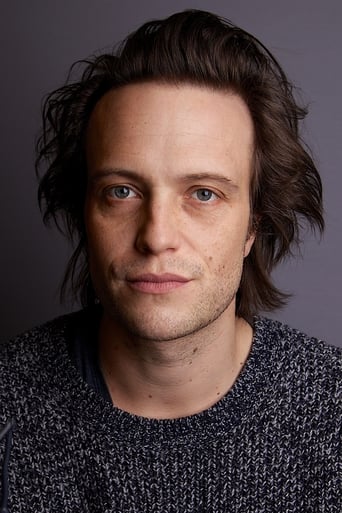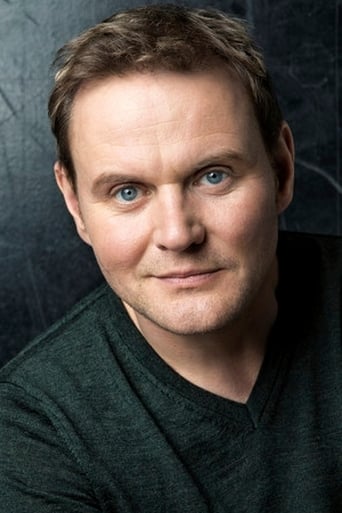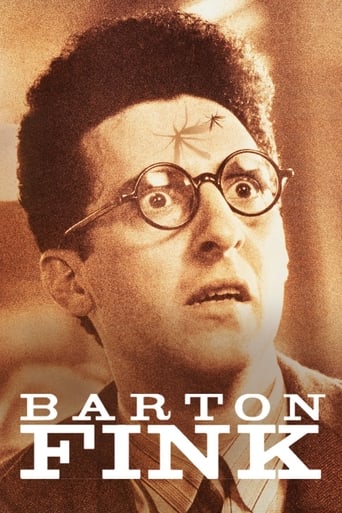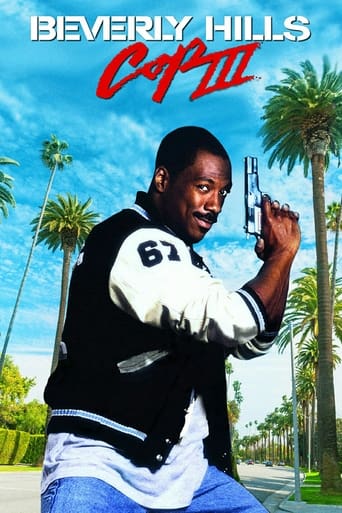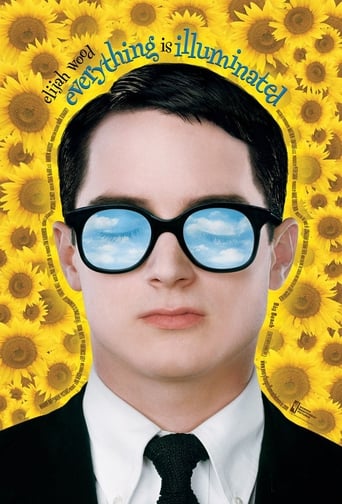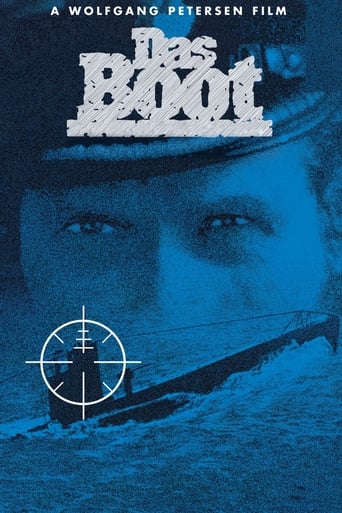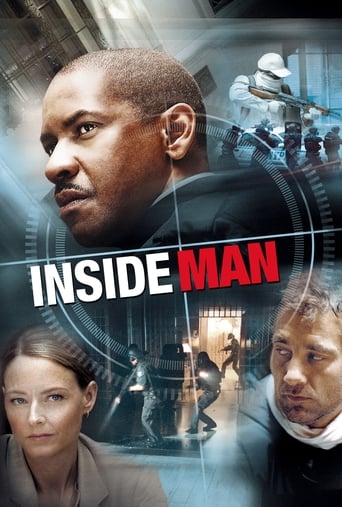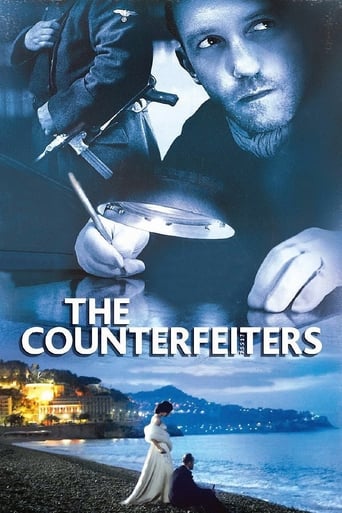
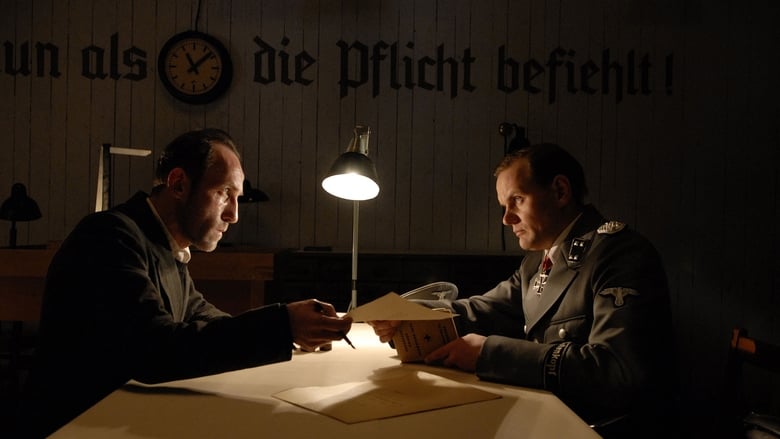
The Counterfeiters (2007)
The story of Jewish counterfeiter Salomon Sorowitsch, who was coerced into assisting the Nazi operation of the Sachsenhausen concentration camp during World War II.
Watch Trailer
Cast


Similar titles
Reviews
The Counterfeiters (German: Die Fälscher) (2007) Director: Stefan Ruzowitzky Watched: June 14, 2018 Rating: 6/10 {Clue: Adapted from a memoir by this man or Fast food favorite with fries} Behind-the-scenes of Nazi Germany's World War II Operation Bernhard- the largest counterfeiting scheme in history, Underdeveloped characters leads to difficulty empathizing,Reduced by its formulaic determination as awards season bait. Gives us moral quandaries to mull over- be a martyr sabotaging the operation and thus the lives of the entire group or assisting in the Nazi cause and indirectly perpetuating the war in order to survive? Entertaining and well-acted, with suspenseful moments and a talented Markovics leading the cast, Rated highly for its righteous themes and provoking material- but not enough to make a lasting impression. ---- Acrostic is a form of poetry where the first letters in each line, paragraph, or word are doubly used to spell a name, phrase, or word. The word "acrostic" comes from the Greek words "akros" (outermost) and "stichos" (line of verse). Read the appropriate letters in the poem vertically to reveal the extra message, called the "acrostich"! #Acrostic #PoemReview #AcademyBestForeign #German #Holocaust #WorldWarII
The Counterfeiters is based on the memoirs of Adolf Berger, a man who was imprisoned for forging baptismal papers for Jews during World War II. It starts with a German guy paying cash at an upscale hotel in Monte Carlo right after the war. A female companion finds numbers tattooed on his arm. It flashes back to 1936, where Salomon Sorowitsch is a forger of passports and money. He is caught and sent to a labor camp, and then to a concentration camp. While there, he does sketches, which are seen by prison guards who ask for family portraits in exchange for extra food. His talents noticed by the higher ups, and he is teamed with others with artistic abilities to forge currencies. The US dollar is the main one, as the theory is to flood America with the fake paper in order to destroy the economy. They first successfully duplicate the British Pound, but intentionally delay their work on the American greenback. Eventually, the Russians arrive and liberate the camp, and this leads to a confrontation with fellow prisoners. The film ends back in Monte Carlo and I was impressed with the story, from beginning to end.
1.After a long hiatus, I was back to watching WW-II movies and I picked this one - was nothing but GLAD !!! 2.The best part about the movie is it's focus - it doesn't try to target too many things and focuses on the grass-root of 'Operation Bernhard'(normally, a director and the screenplay writer would be tempted to cover the past life of Sorowitsch, Bernhard Krüger etc.) 3.Primarily, the movie revolves around ONE character - that of Salomon Sorowitsch. Since I haven't read much about 'Operation Bernhard', I can't comment on the validity of the footage given to Sorowitsch's character and it's correctness.Nevertheless, it has not dampened, rather amplified, the movie's appeal 4.The persona of Sorowitsch is an intriguing one ! The best part - his composure !!! He says his family was arrested and killed, yet he harbours no grudge(at least, it isn't shown). He's also quite indifferent to the persecution of Jews by the criminal Nazis, in fact, he goes to the extent of saying ' Jews don't try to fit in'(the same was the allegation of Adolf Hitler against the Jews). He is also a consummate criminal of forfeit - a fact he doesn't gloat! While at the Mauthausen concentration camp, his defiance against the SS warden or someone appeals a lot ! At the same time, he also uses his skills to appease and flatter the Nazi officials by drawing portraits and at the same time, stealing good food. Given all these fox-traits, his humane and compassionate side touches a lot - his defending of Burger in spite of his dangerous antagonism, his fatherly feelings for 'Kolya', his defiance against Zilinski when he insists on exposing Burger - the movie is packed with such incidents that endear the character of Sorowitsch !!! 5.The movie' background score isn't very noticeable but it hardly matters - the characters are played strongly and the flow is suave, hence, the absence/low presence of background score hardly matters ! 6.Finally, the memorable scenes in the movie :a.While at the Mauthausen concentration camp, Sorowitsch's threatening SS warden of stabbing him if he hits him(Sorowitsch) b.Sorowitsch handing his soup to a wounded and weak Kolya c.Sorowitsch's discovery of the English using rags in manufacture of the Pound d.Sorowitsch making Kolya eat food like a father feeding babies - 'A spoon for Expressionists, A spoon for Avantgardists', a way that suits Koyla who often speaks about his academics e.The BEST scene - an unbeatable gambler, Sorowitsch, deliberately loses all the counterfeit money at the casino and is later shown resting on the beach 7.Over all, I include this movie in the list of 'MUST-WATCH' ...
It's important to separate the subject matter from the movie itself when reviewing this genre.Few will be unmoved by the former, but that's not relevant when considering the latter, except - marginally - to the extent that the film is or is not historically accurate. Feelings about the subject should not affect objectivity when scoring the film's success or otherwise.I watched this on DVD, with English subtitles.The acting I found to be consistently good: the problem I had was with the direction. The action takes place in what can only be described as a series of vignettes, mostly separated by jumpcuts. Fifty years ago, the jumpcut was one of the big no-nos in movie-making: how could an audience follow the action when a shot of the hero putting on his jacket was cut to him driving off in his Healy? Time showed how - people became educated by repetition and nowadays have no problem with such techniques. Jumpcuts move the action along.However, in The Counterfeiters this relaxation of the rules has gone too far, and instead of hurrying the film along I feel the constant jumps actually hinder the feeling of progression, of the storytelling.The reason I call the scenes "vignettes" is because I often got the impression that the script had been episodic in the writing: that a series of bulleted items had been laid out in a list and then the script had followed religiously from them, rather than being crafted as a whole.Then there's the hand-held camera-work. Oh dear! Hasn't it become a cinematic cliché! It is one of my hobby horses I'm afraid, but although the jerky camera works when the movie is showing action as if filmed off the cuff - *in* action as it were - to watch a full length movie with the screen wobbling around for no real reason is just irritating. It doesn't show us anything; it doesn't have any relevance to the story. It's not as if the filming was being accomplished on a smuggled camera in the camp, or this was being simulated. No, no, no.The music track I thought ill-conceived and in many places completely out of sympathy with the subject of the story. Some parts of the track would have been at home in a Python sketch, not a human tragedy.This was not an enjoyable film to watch for obvious reasons, but my comments shouldn't be seen as too much of a criticism: it is very watchable, interesting in the portrayal of friends and foes in a concentration camp with their shifting loyalties and is certainly not a *bad* movie. I'd like to give it an eight, I put it down as a six but have just halved the difference as I post this to make it a strong seven.



